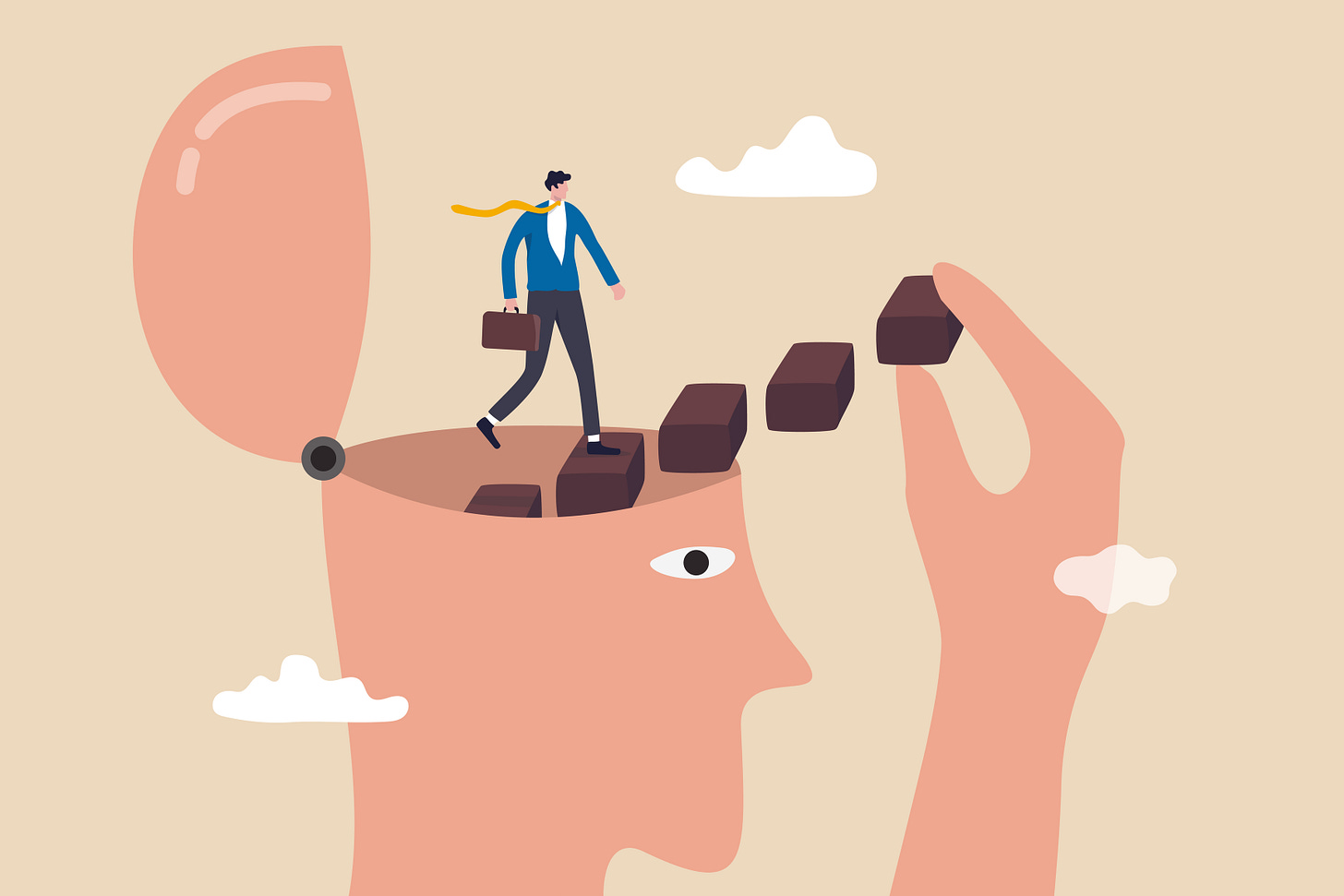Research Hit: How Your Brain Moves from Motivation to Action
New research shines a light on the similarities and differences between motivation and action
Aren’t motivation and action similar things in the brain?
Yes, they kind of are. But we all know the feeling of wanting something but not being bothered to do it, or people who say they’re motivated but this doesn’t translate into action.
We know that dopamine is responsible for some of this action orientation in the brain - but getting to that specific link, or disconnect, between intention and action is pretty important.
What’s this important for?
Just about everything. From health behaviours (taking pills on time, doing what you should do), to social behaviours (helping others, being a good neighbour), society (addiction and unhealthy behaviours), to education (doing homework), to business (engaging with projects and initiatives).
Ok, got it. And what did these researchers find?
Sofia Beas et al. of the University of Alabama conducted a series of experiments with brain and neuronal measurement of mice - yes those poor critters are again giving us unique insights into the brain.
Hopefully they were well treated!
Indeed they get strawberry flavoured sweet drinks as a rewards which they love. But this is precisely what was investigated: going from wanting this sweet drink, to engaging in foraging behaviour to get it, and then getting the reward, consuming it, then returning to start another trial.
And how does the brain respond?
What they found was a very refined and can get a bit technical discussing calcium channels and glutamate receptors in obscure regions (for us non neuroscientists). But the crux is that a region called the Thalamus, previously only really considered a relay station is essential for separating motivation and action orientation.
Specifically, different receptors there give distinct signals - so motivation and action orientation are similar but controlled by different receptors. This explains why you can be “motivated” but not act - or are unable to act as in certain cases of addiction.
And what can I now do to motivate and get my teenage daughter to action?
Well, short of activating the PVT-D2- axon to the nucleus accumbens, I’m not sure!
But the knowledge could well translate into therapeutic treatments further down the line. Motivation is a precursor and is also driven by reward - so think carefully about that, experience is also critical.
So experiencing reward is important!
Indeed, and remember motivation and action are similar but slightly different.
Sofia Beas, Isbah Khan, Claire Gao, et al.
Dissociable encoding of motivated behavior by parallel thalamo-striatal projections.
Current Biology, 2024
DOI: 10.1016/j.cub.2024.02.037




